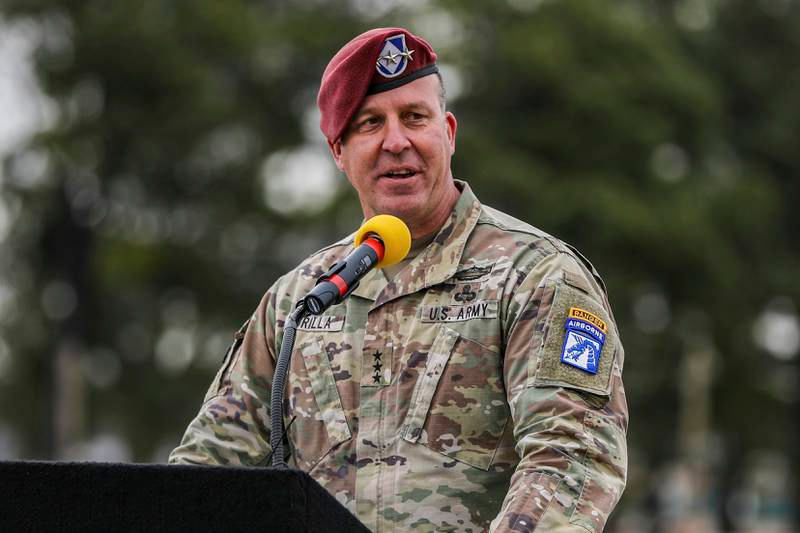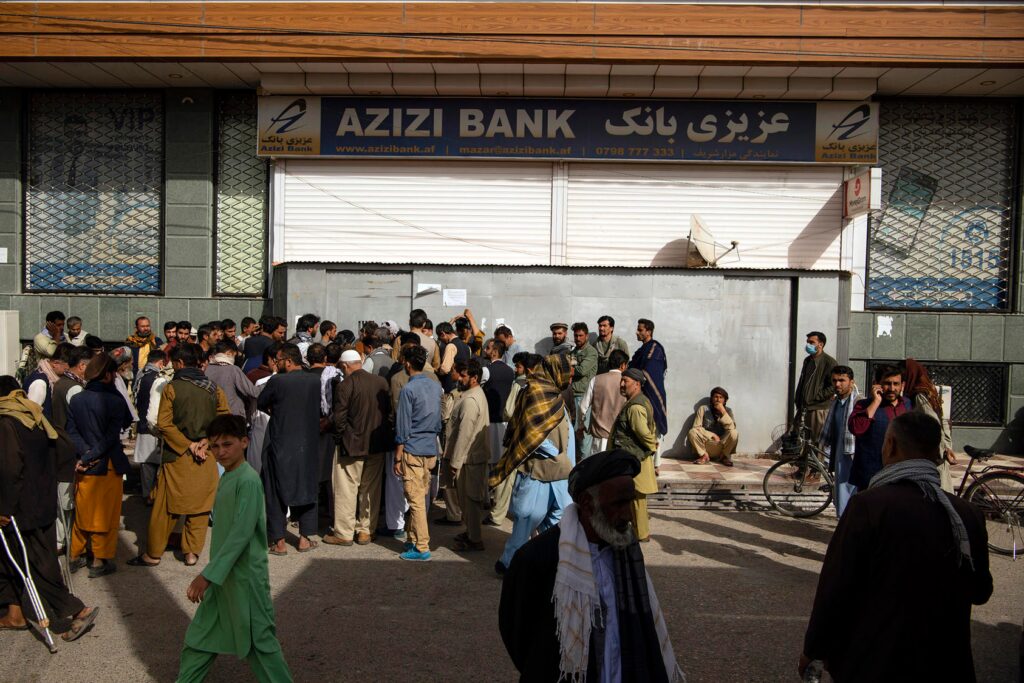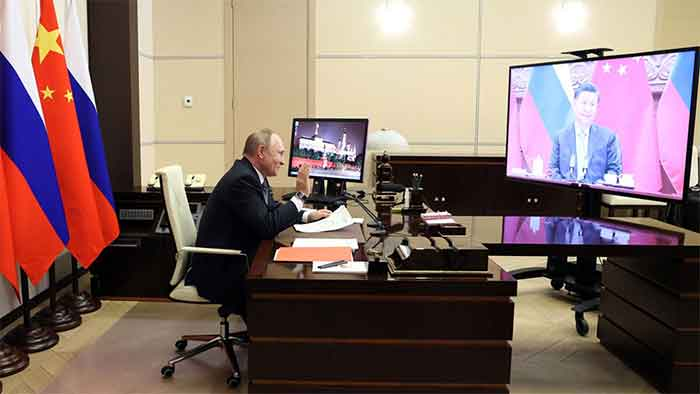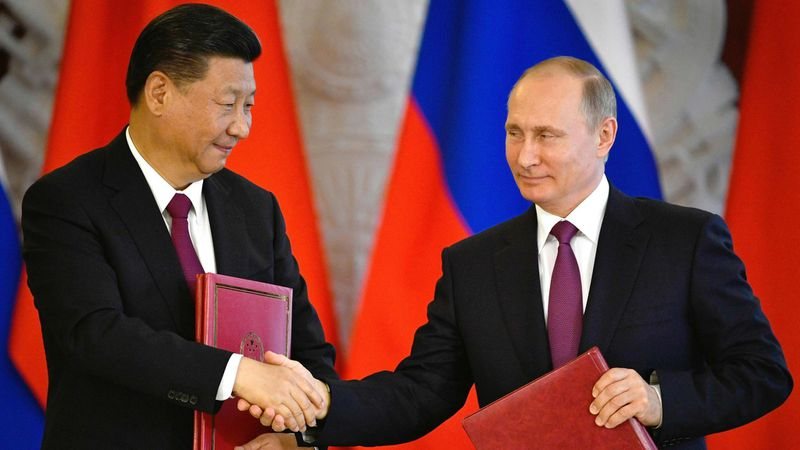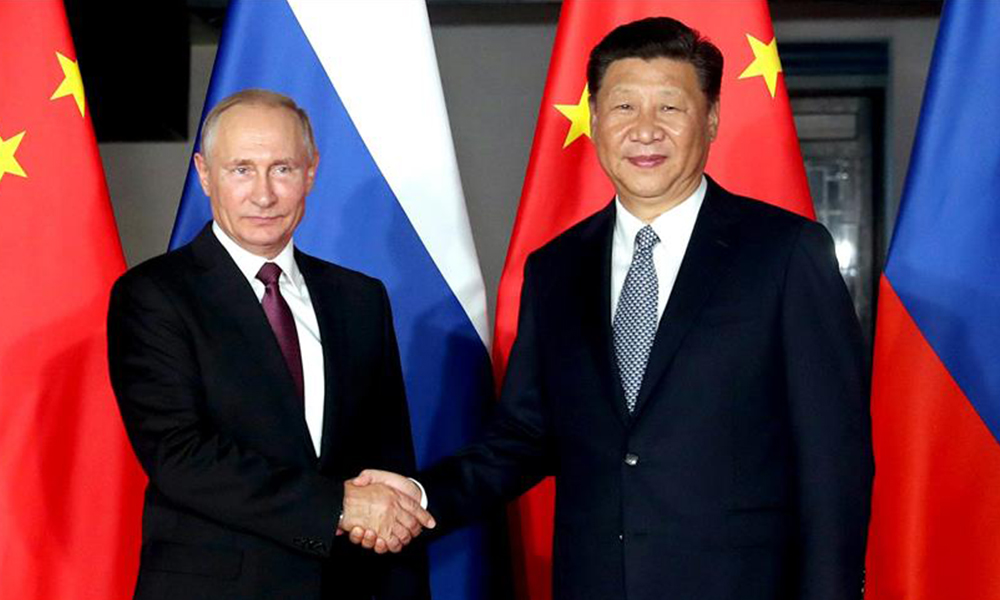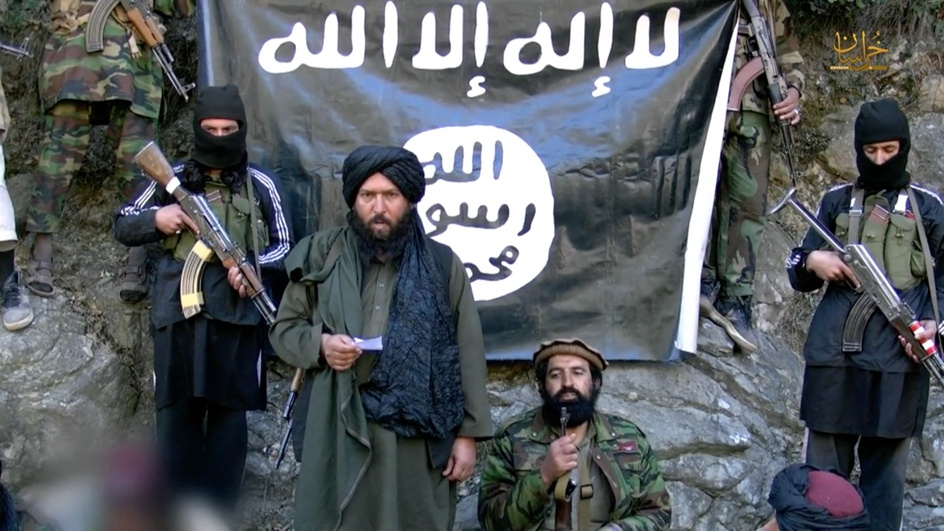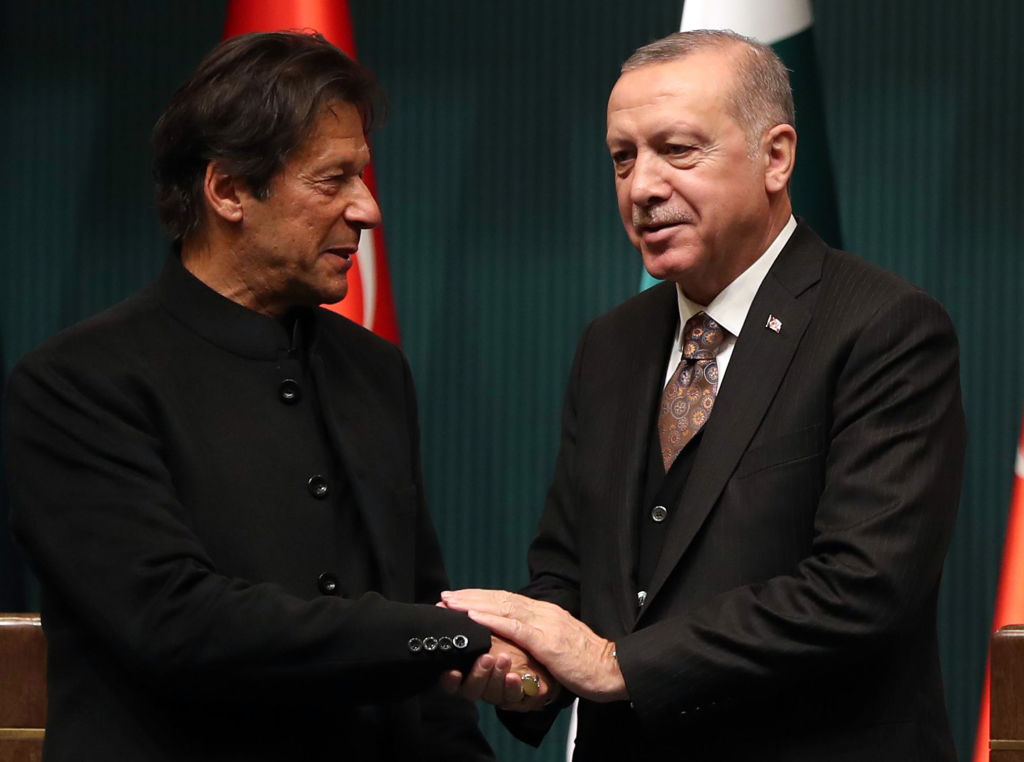Pakistani Taliban Allegedly ‘Training’ Baloch Militants in Terrorist Camps Along Afghanistan Border
Pakistan’s Prime Minister Imran Khan and Chief of the Army Staff General Qamar Javed Bajwa paid a visit to Balochistan province on Tuesday, days after two deadly terrorist strikes at different military bases killed nine soldiers. The terrorist raids on 2 February have been claimed by the Baloch Liberation Army (BLA).

